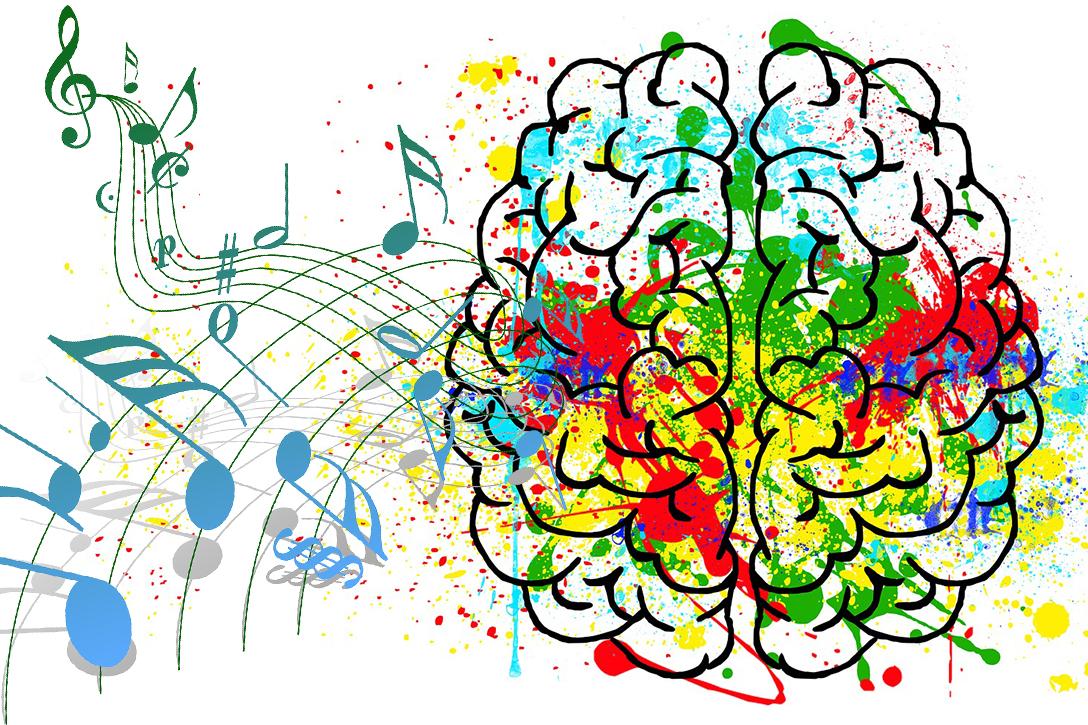

Rishika Kulkarni
Francis Parker SchoolClass of 2024SAN DIEGO, California
About
Hi! My name is Rishika Kulkarni and I'm a junior at Francis Parker School! My project is about the effects of music therapy on neurodegenerative disorders.Projects
- How does neurological music therapy affect movement, cognition, and mood? with mentor Adrienne (Oct. 16, 2022)
Project Portfolio
How does neurological music therapy affect movement, cognition, and mood?
Started Apr. 18, 2022

Abstract or project description
Society is quite familiar with the concept of therapy, as it has been utilized for several years now. However, as neuroscience continues to develop, a new form of therapy known as music therapy has emerged. While music therapy is generally new, neurologists believe that music can enhance or form neural networks in the motor cortex, auditory cortex, and sensory cortex. Elements found in music such as rhythm, tone, dynamics, and pitch were found to activate specific brain regions that are needed to perform certain functions that patients with neurological degenerative conditions lack. Both neurologists and music therapists have used evidence-based practice to come to the conclusion that to study the effects of music on the brain, randomized control trials should be performed. They have recently discovered that neural networks in specific brain regions tend to respond automatically to certain elements of music, rather than following verbal instructions. This is due to the innate ability of musical skills that humans carry, versus several cognitive tasks. This review paper will explore the effects of neurologic music therapy on key functions of the brain such as movement, cognition, and mood. It will dissect several parts of the brain and how music can positively enhance their several physiological functions. Additionally, the impact of music on each fundamental function will be supported by case studies performed on patients with various degenerative disorders ranging from Alzheimer’s to Autism. By understanding the neuroscience behind the positive effects of music therapy, neurologists and music therapists alike will be able to help patients combat deadly degenerative disorders that have threatened society for years.